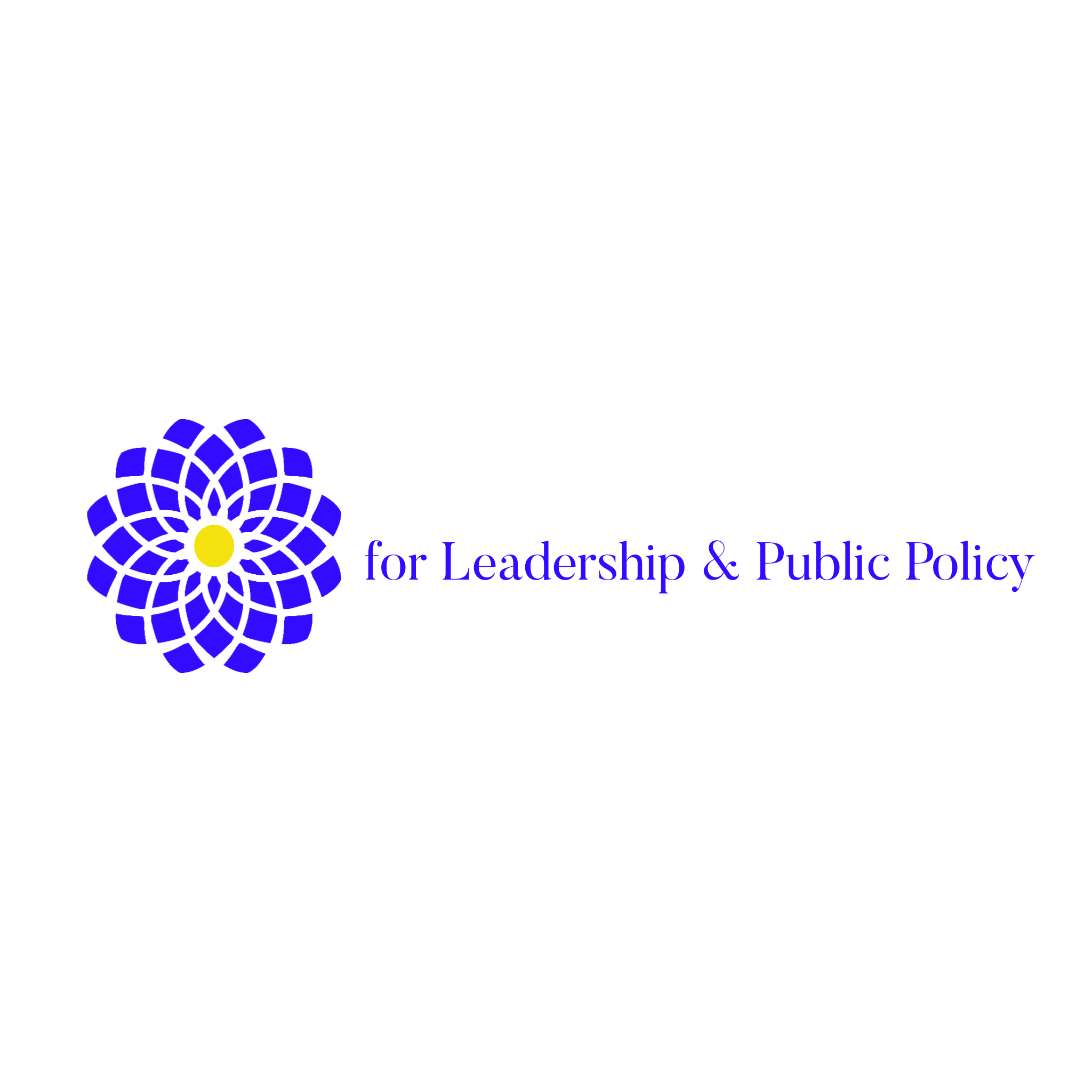Economic Policy
- Overview
Program Overview
The Postgraduate Diploma in Economic Policy is a rigorous, interdisciplinary program offered by the Bandaranaike Academy for Leadership and Public Policy (BALPP) for professionals engaged in economic decision-making across the public, private, and non-profit sectors. It is designed to provide both conceptual clarity and applied skills to navigate the complex trade-offs, institutional constraints, and political dynamics that shape economic policymaking in Sri Lanka and the broader South Asian region.
At a time of global economic volatility, national debt crises, and shifting development paradigms, the program trains a new generation of economic policy leaders to engage critically with macroeconomic governance, fiscal strategy, labor and welfare reform, and inclusive development. Whether managing recovery after economic shocks or charting long-term national competitiveness, the program equips professionals with the tools to lead responsibly and reform effectively.
Why Economic Policy?
Sound economic policy is not just a technical discipline—it is a matter of national survival, social stability, and political legitimacy. From debt restructuring and inflation control to trade policy and social protection, the stakes of economic decision-making are high and often contested.
The Postgraduate Diploma in Economic Policy offers a foundation in economic theory and applied public policy, with a specific emphasis on how real-world constraints—political, institutional, and international—shape what governments can and cannot do. The program is especially relevant in Sri Lanka’s current context of fiscal reform, social protection redesign, and negotiations with multilateral actors.
Program Objectives
Train Economic Policy Leaders capable of translating complex data into actionable, context-sensitive policy decisions.
Build Economic Literacy among non-economists working in leadership, governance, or regulatory roles.
Bridge the Gap Between Economics and Politics, acknowledging the institutional, social, and political limits of economic policy.
Support Evidence-Based Reform by teaching methods in policy evaluation, data analysis, and stakeholder consultation.
Promote Inclusive and Sustainable Growth, centering equity and social justice in economic design.
Target Audience
This program is aimed at professionals involved in public policy, governance, and institutional reform. It is ideal for:
Mid- to senior-level government officials in finance, planning, or trade ministries
Economists working in research institutions, think tanks, and advocacy groups
Financial analysts and consultants involved in public sector reform
Program directors in development agencies and NGOs
Media professionals and communications staff reporting on economic affairs
Political advisors, parliamentarians, and legislative staff involved in economic decision-making






